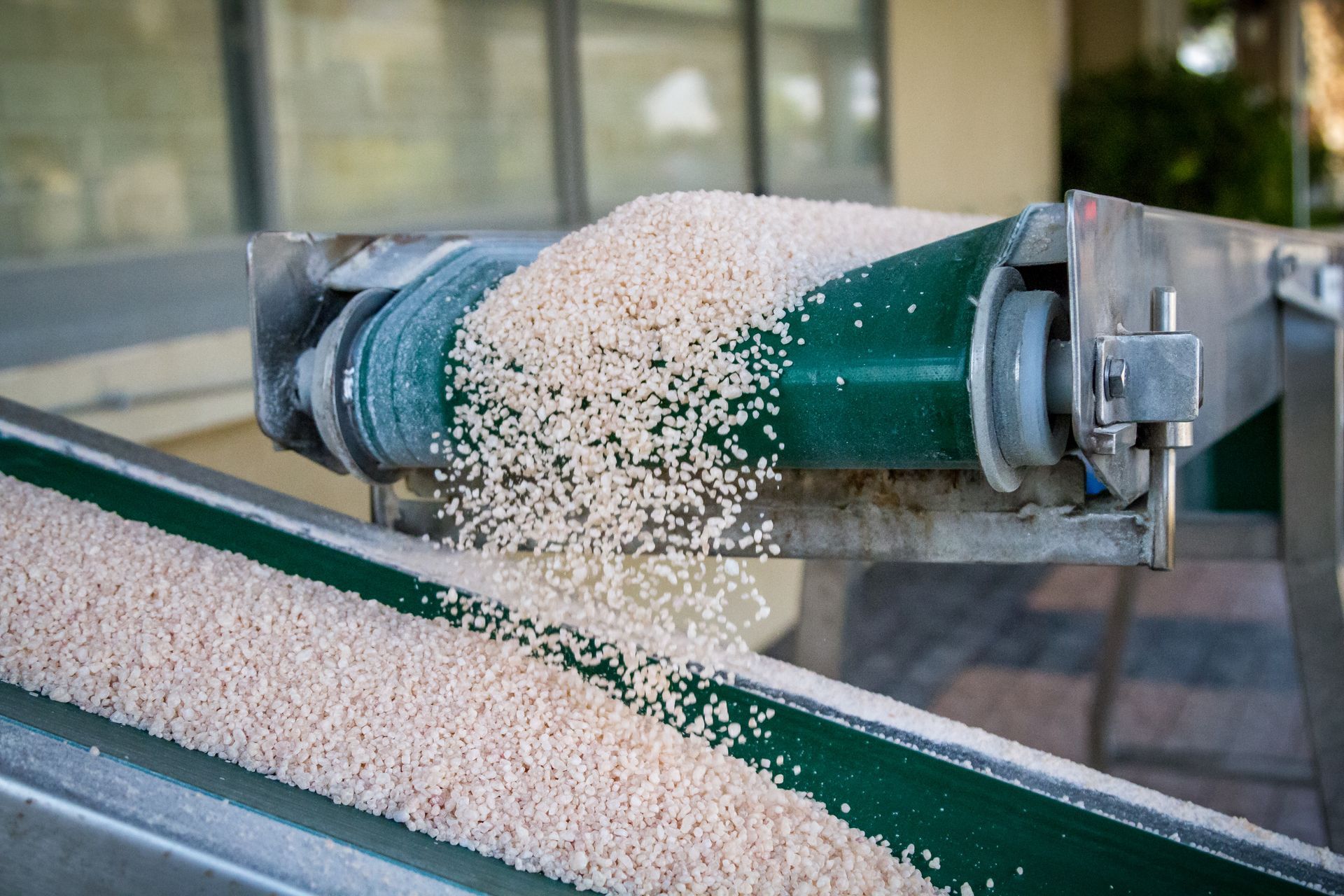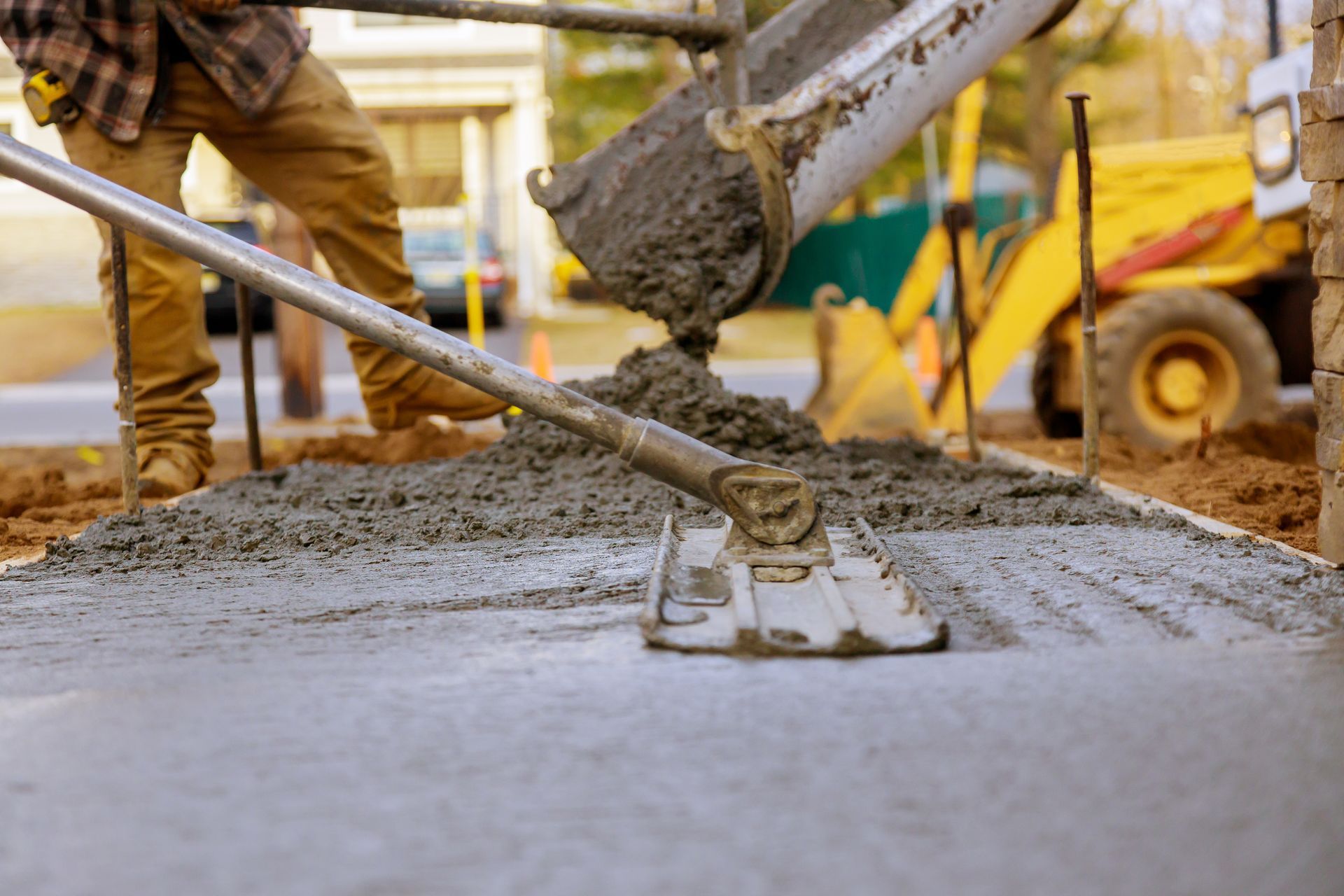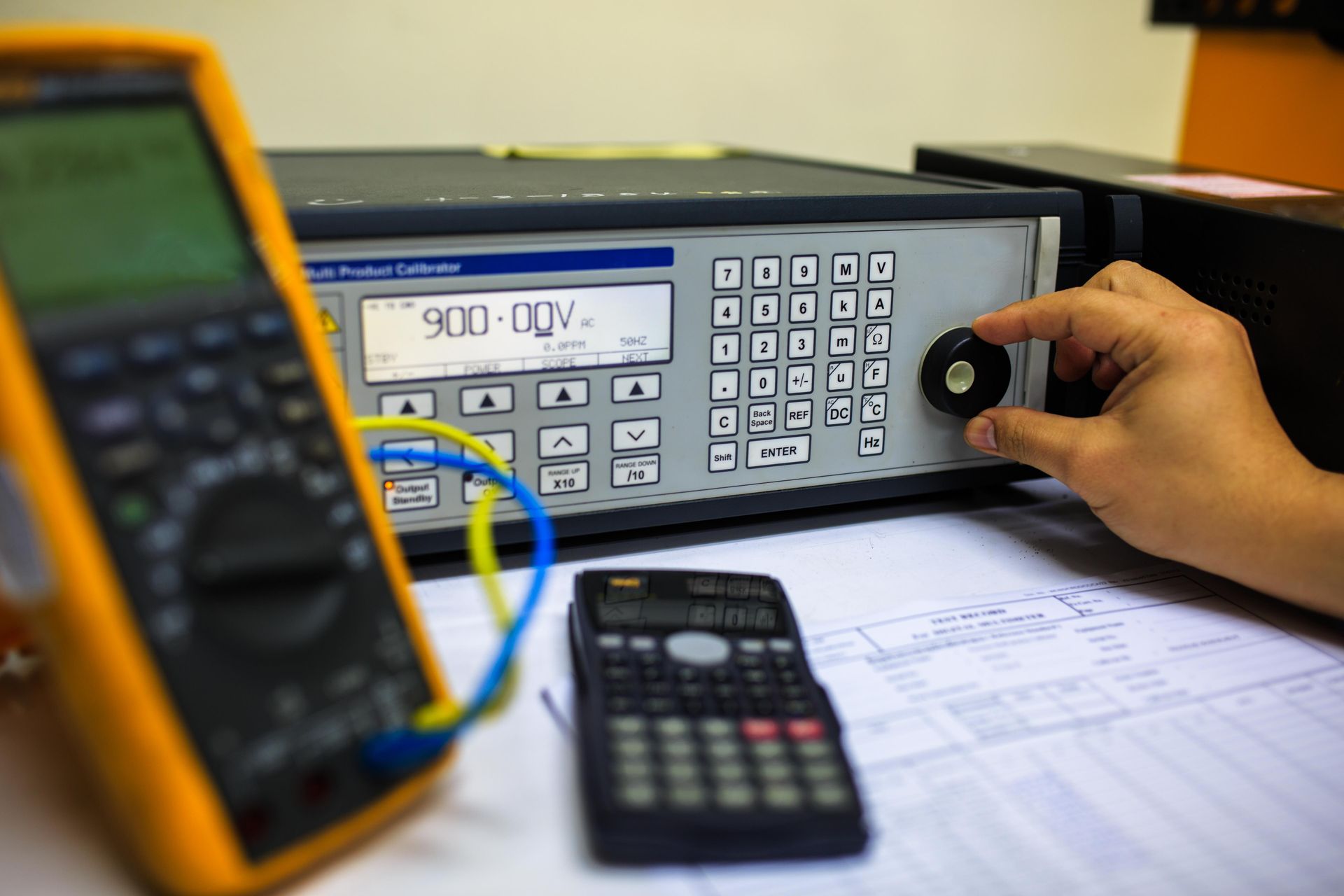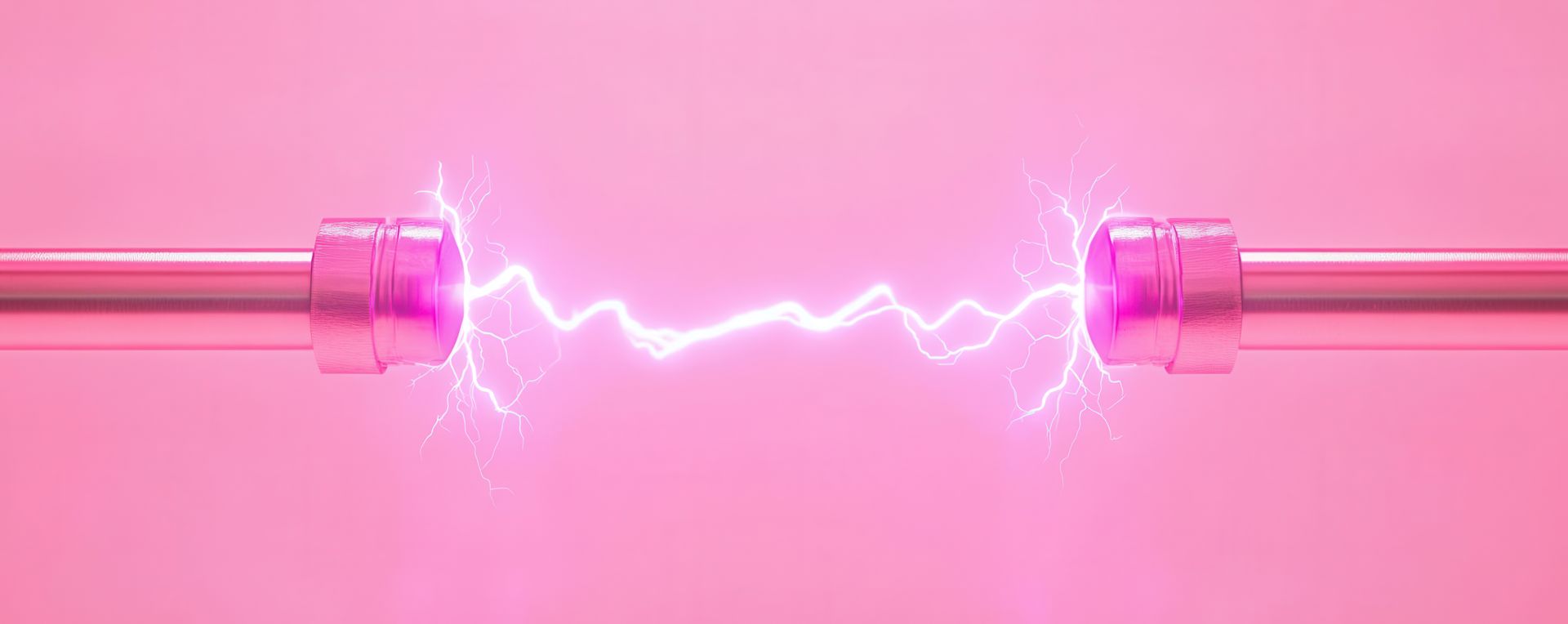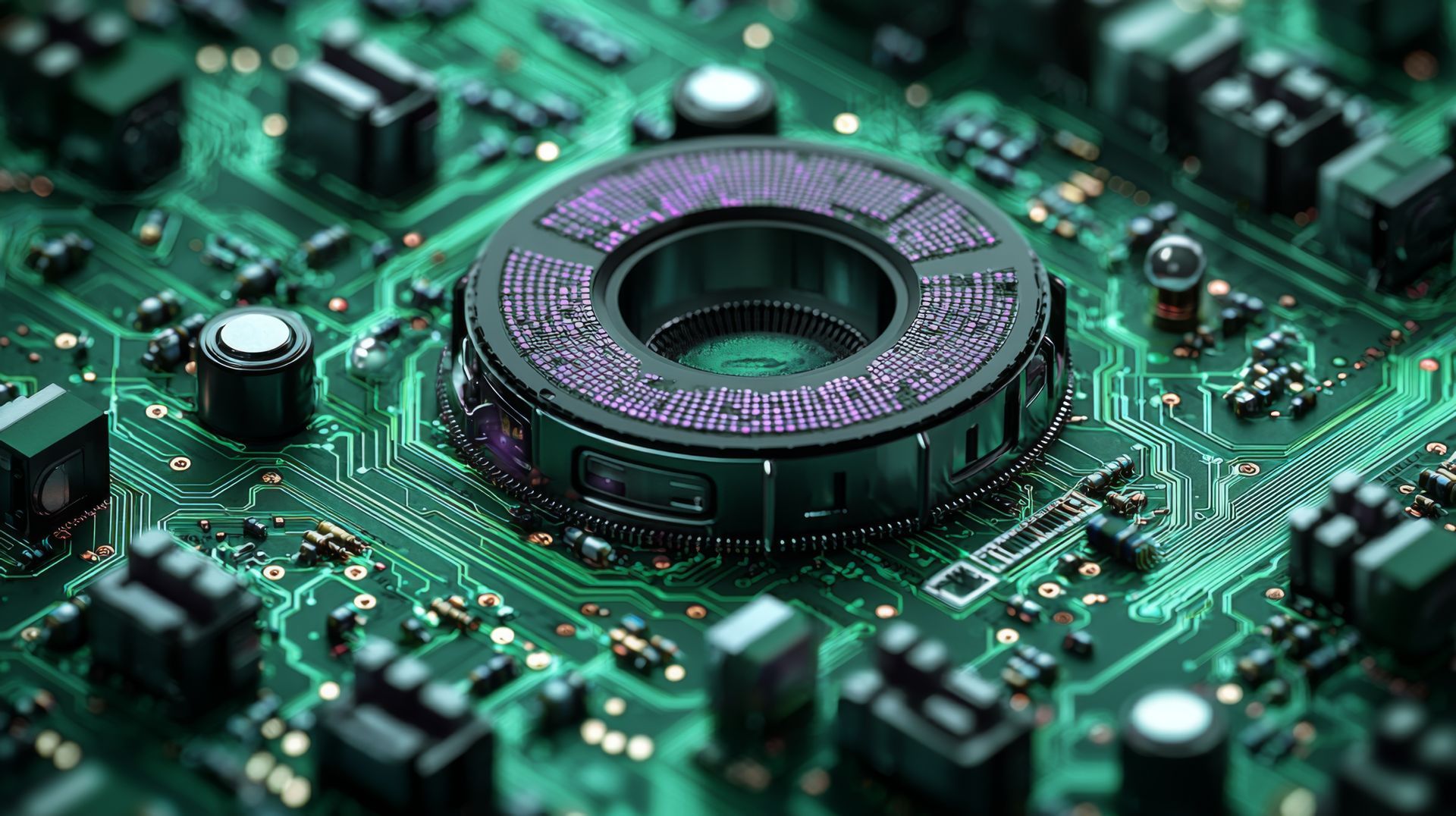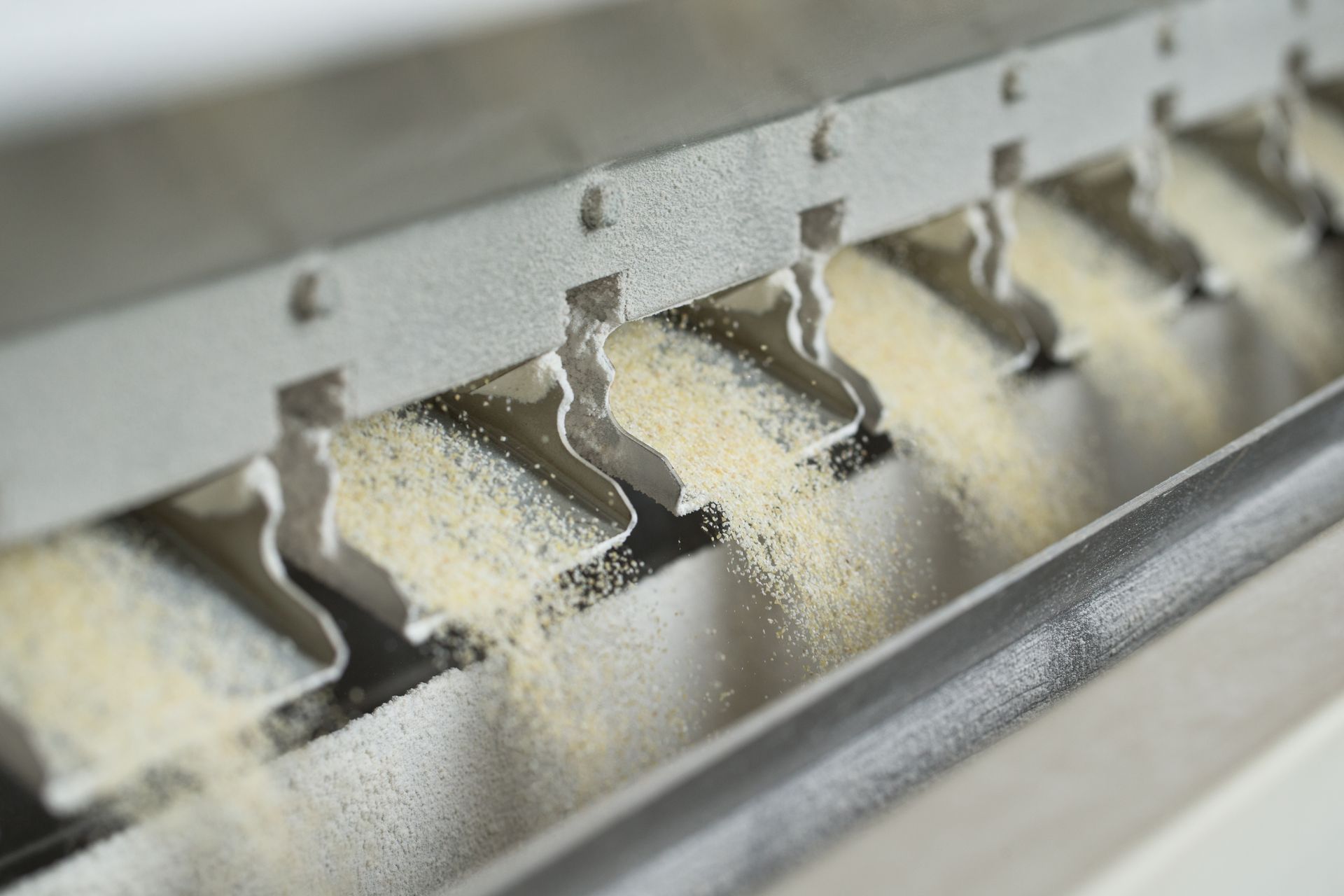What Happens When You Don't Perform Gaussmeter Calibration
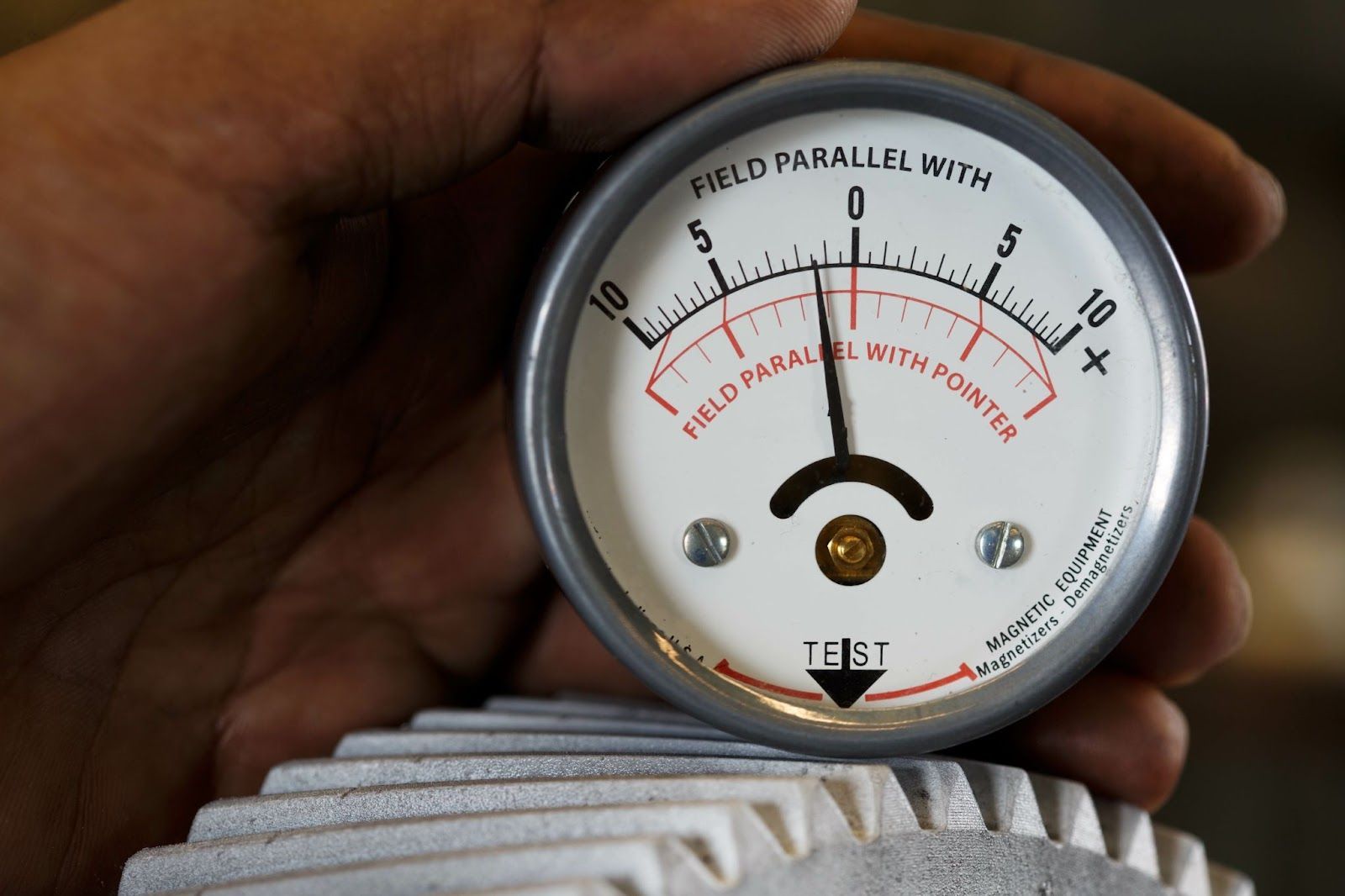
It is widely known that magnetic fields that are too strong pose a health risk to humans and animals. This is why it’s important to keep magnetic fields within acceptable levels, especially as they become more prevalent in our everyday lives when used in various applications, ranging from the food and recycling industries to science.
To ensure this safety, a gaussmeter is used to measure magnetic fields. However, like any other instrument, its accuracy can wane over time, leading to calibrations being necessary. Unfortunately, this part of the equation is often overlooked.
In this article, we’ll discuss the consequences of not doing gaussmeter calibration, why and how often you should do so, and how a third-party calibration service in Malaysia can help you.
Consequences of Not Doing Gaussmeter Calibration
As mentioned, regular gaussmeter calibration is required to ensure accurate readings. Failure to do so can result in a few unwanted consequences:
Safety risks
Magnetic fields can be dangerous in various industries, such as medicine or manufacturing. If a gaussmeter is not calibrated, it may underestimate or overestimate the strength of these magnetic fields. This poses a risk to workers and patients who may come into contact with the equipment.
For example, in the healthcare sector, MRI machines generate strong magnetic fields that must be accurately measured to prevent harm to patients or medical staff. Calibration ensures that the readings are correct and within safe levels, reducing the risk of injury.
Costly mistakes
Inaccurate readings can lead to mistakes in various applications, such as automotive manufacturing. If the magnetic fields in the manufacturing process are not accurately measured, it can lead to faulty parts or components that may pose risks to drivers and passengers. This can result in expensive recalls or legal action.
Loss of credibility
Inaccurate measurements can damage the reputation of individuals and organisations that rely on gaussmeter for their work. This is especially true in scientific research, where accuracy is crucial. If the measurements are inaccurate, it can undermine the researcher's or organisation's credibility, potentially leading to a loss of funding or opportunities.
Unreliable data
Without regular calibration, gaussmeter may provide inaccurate data, making it difficult to draw meaningful conclusions or make informed decisions. This can seriously affect various industries, such as energy or aerospace.
For example, inaccurate magnetic field measurements can affect the performance of electric motors or cause errors in navigation systems. Regular calibration ensures that the data obtained from gaussmeter is reliable and accurate, allowing for informed decisions.
Reduced efficiency
If a gaussmeter is not calibrated, users may need to repeat measurements, wasting time and resources that could be better used elsewhere. This can be particularly problematic in industries where time is of the essence, such as manufacturing or construction. Regular calibration ensures that the gaussmeter function accurately, reducing the need for repeated measurements and improving efficiency.
Why Regular Gaussmeter Calibration Matters
Aside from avoiding the consequences mentioned above, here are three reasons why you should regularly calibrate your gaussmeter:
Quality control
Accurate measurements are necessary for efficient and cost-effective operations, and gaussmeter calibration maintains quality control for industries that rely on precise magnetic field measurements.
Compliance with regulations
Gaussmeter calibration ensures that magnetic field readings are within an acceptable range, especially in the healthcare sector where safety regulations are strict and non-compliance can pose health risks to patients and medical staff.
Compliance with standards
National and international standards such as ISO 9001 require regular calibration of measurement instruments like gaussmeter, ensuring traceable and accurate measurements that improve product quality and customer satisfaction.
How Often Should Gaussmeters Be Calibrated
Calibrating your gaussmeter is important to ensure accurate measurements of magnetic fields. The frequency of calibration depends on several factors. If you use your gaussmeter frequently or in a harsh environment, you should calibrate it at least once a year. If you use it less often or in a controlled environment, you can calibrate it every two to three years.
However, it's important to note that you should also calibrate the gaussmeter whenever you drop it or subject it to a strong impact. Ultimately, it is advisable to have your gaussmeter calibrated regularly as doing so will prevent costly downtime or errors.
Where To Get Gaussmeters Calibration in Malaysia
At Sematic Magnet, we understand the importance of regular calibration for gaussmeter to avoid the costly consequences of not doing so. That's why we offer both new instrument calibrations and recalibration services for existing gaussmeters.
We take pride in providing quality services that meet inspection, measuring, and test equipment quality requirements, ensuring that our client's equipment functions accurately and effectively. Doing so guarantees peace of mind and keeps businesses running smoothly.
